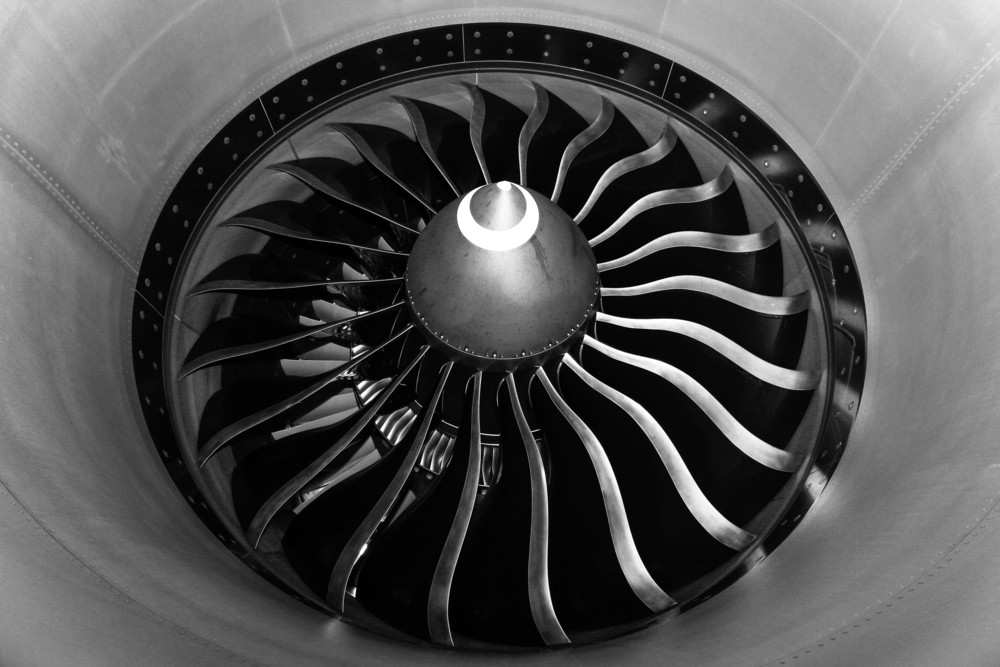The latest insights from Tata Consultancy Services (TCS) have highlighted AI as a pivotal force poised to reshape the aerospace industry by 2035. Their Future-Ready Skies Study 2025 provides a comprehensive examination of the digital innovations propelling this sector toward a technologically integrated future.
The study surveyed over 323 senior aerospace executives, including aerospace manufacturers, Advanced Air Mobility (AAM) companies and Manufacturing, Repair and Overhaul (MRO) providers, and electric vertical takeoff and landing (eVTOL) companies across Europe and North America
In the face of evolving demands, aerospace firms are betting big on digital transformation. The study accentuates that 63% of aerospace executives are keen to integrate agentic AI in their supply chains, signalling openness to change despite only 6% having already adopted it. Yet, this readiness reflects a gap in innovation that needs bridging for AI to deliver its potential.
An intriguing revelation from the research is the ongoing blend of human expertise and digital prowess. While AI sits at the helm, human involvement in manufacturing remains crucial, marking about 60% of processes. This underlines a hybrid future where technology complements human capabilities.
As the market eyes a staggering $1 trillion valuation by 2030, it's critical to address infrastructure and regulatory challenges. The study reveals a mere 28% of aerospace companies are equipped to alter sourcing strategies swiftly, spotlighting current vulnerabilities in supply chains. Moreover, digital twins and robotics have emerged as crucial components.
Approximately 70% of Advanced Air Mobility companies are already building commercial ventures, showcasing the sector's momentum towards urban air travel solutions.
Key Takeaways:
- Digital thread integration is progressing, albeit with only 59% of manufacturers achieving partial implementation.
- An encouraging 32% of aerospace leaders expect returns on MRO technologies within three years, signifying digital transformation's measurable impact.
- Risks remain as just 2% of MRO leaders expect full process automation by 2030, underscoring an area ripe for improvement.
TCS remains a cornerstone for innovation within this landscape, backed by decades of expertise. They continue to propel advancements across the aerospace continuum, offering interdisciplinary and cognitive-powered solutions.
While the industry navigates complexities around regulation, economics, and infrastructure, the sector is on the cusp of a significant evolution. Enterprises are increasingly aligning their investments with impactful strategies to steer the future of aerospace with purpose and precision.




